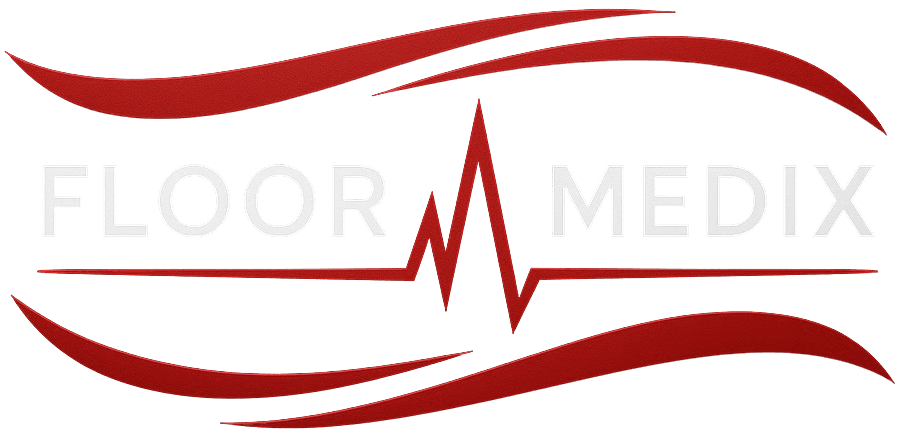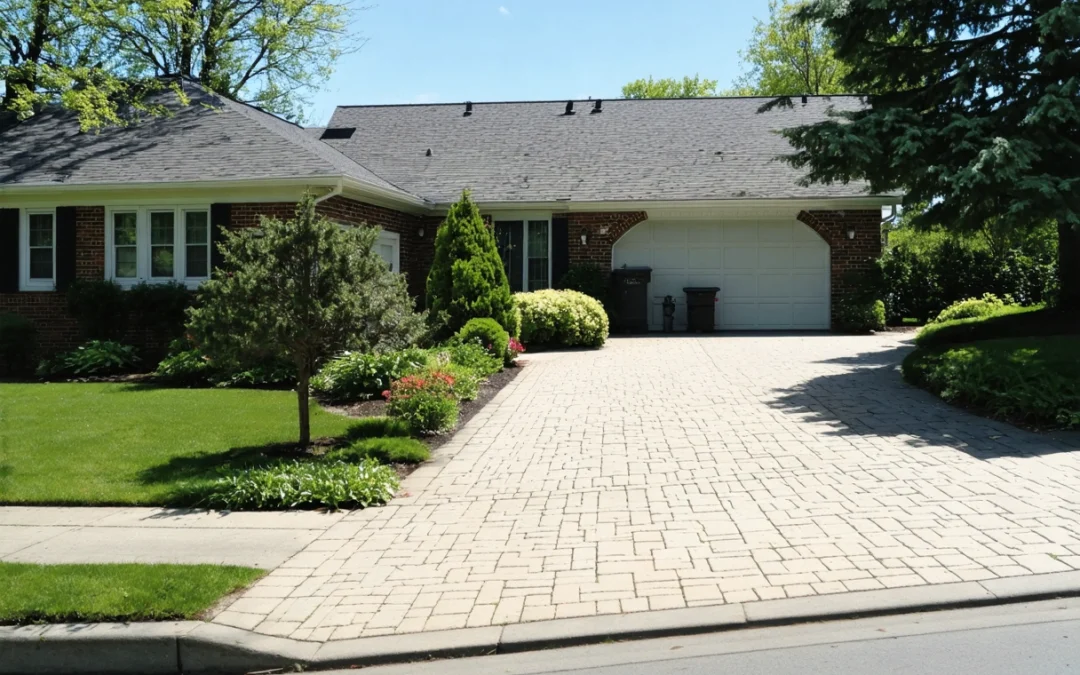How Regular Paver Cleaning Can Increase Your Property Value
When it comes to boosting the value of your property, homeowners often focus on big-ticket renovations and interior upgrades. However, the exterior of your home makes the first impression, and well-maintained pavers play a significant role in curb appeal. Regular paver cleaning is an often-overlooked but highly effective strategy to enhance the beauty and value of your property. In this article, we’ll dive deep into why paver cleaning matters, how it impacts property value, and the best practices to ensure your paved areas look their best year-round.
Whether you have a driveway, patio, walkway, or pool deck adorned with pavers, understanding the long-term benefits of regular cleaning can help you make informed decisions about property maintenance. Read on to learn how consistent care not only preserves your investment but can also increase your home’s worth in a competitive real estate market.
The Vital Role of Curb Appeal in Property Value
Curb appeal is the attractiveness of a property as viewed from the street. It’s the first thing potential buyers, visitors, or neighbors notice about your home. According to the National Association of Realtors, homes with high curb appeal tend to sell faster and at higher prices than comparable properties with less inviting exteriors.
Paver surfaces, such as walkways and driveways, are key elements in establishing curb appeal. Clean, well-maintained pavers create a welcoming atmosphere, reflect the care you invest in your property, and signal to buyers that the home is well looked after. Conversely, stained, weed-infested, or dirty pavers can detract from the overall appearance, making even a beautiful home seem neglected.
Understanding the Impact of Dirty or Neglected Pavers
Over time, pavers are exposed to harsh weather, foot traffic, vehicle oil, moss, algae, and other contaminants. Without regular cleaning, these elements can cause significant aesthetic and structural damage. Stains, mold, and weed growth not only make your paved areas unsightly but can also lead to safety hazards, such as slippery surfaces.
Neglected pavers can signal underlying issues to potential buyers. For instance, pervasive weeds or sinking pavers may indicate poor drainage or foundation problems. According to HouseLogic’s driveway maintenance guide, well-maintained hardscaping can retain up to 50% of its value over time, while neglected surfaces may require costly repairs or replacement, reducing your home’s marketability.
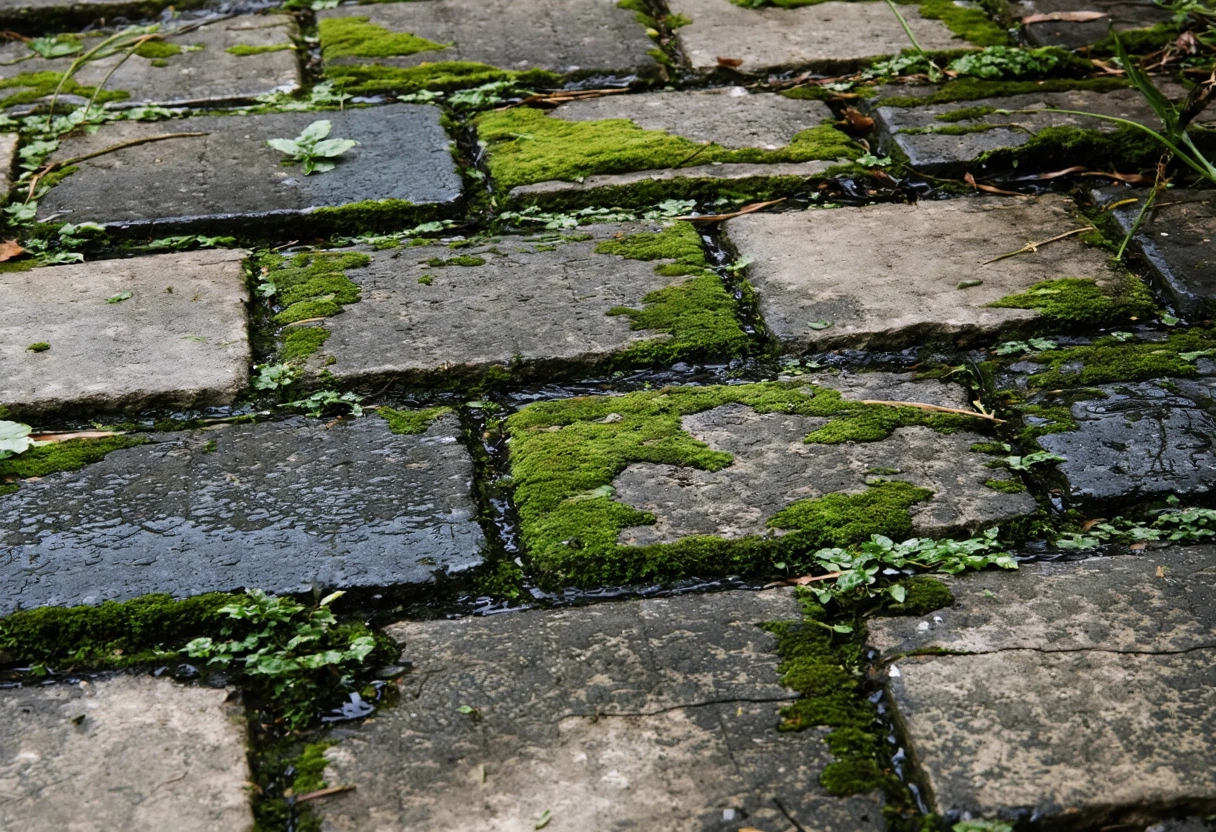
How Regular Paver Cleaning Enhances Property Value
Regular paver cleaning goes far beyond mere aesthetics. It plays a crucial role in maintaining the integrity and longevity of your outdoor surfaces, which directly contributes to your property’s value. Here’s how:
1. Preserving the Lifespan of Your Pavers
Pavers are durable, but they are not immune to damage. Dirt, organic debris, and moisture can seep between the joints, encouraging weed growth and erosion. Algae and moss, if left unchecked, can break down the paver’s surface and create slippery patches. Regular cleaning removes these threats, preventing premature wear and tear. This not only maintains the quality of your pavers but also postpones the need for costly repairs or replacements.
According to the Better Homes & Gardens guide to paver maintenance, annual or semi-annual cleaning can extend the life of your pavers by several years, safeguarding your investment.
2. Boosting Visual Appeal Instantly
Clean pavers dramatically improve the look of your property. Vibrant, debris-free surfaces make your home stand out and leave a lasting impression on guests or potential buyers. The removal of stains, mildew, and weeds restores the original color and pattern of the pavers, enhancing the overall landscape design.
This instant facelift is especially valuable if you are preparing to sell your home. Real estate professionals agree that homes with pristine hardscaping can command higher asking prices and attract more interest during open houses.
3. Preventing Costly Structural Issues
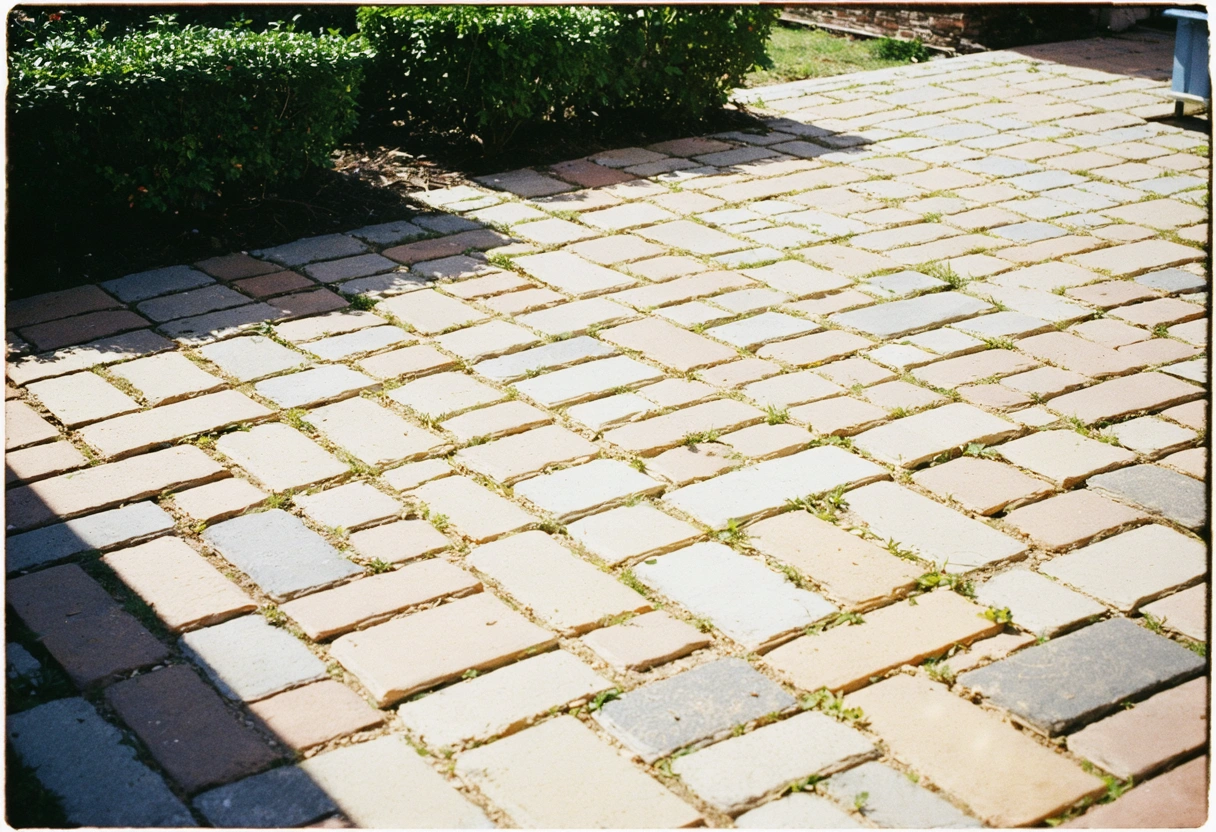
Routine cleaning helps you spot small issues—like shifting pavers, joint sand loss, or drainage problems—before they escalate into major repairs. Unchecked, these problems can undermine the stability of your paved areas and lead to uneven surfaces, pooling water, or even trip hazards.
By addressing these minor concerns promptly, you protect your property’s safety and avoid expensive interventions down the line. This proactive approach is highly valued by homebuyers, who often seek low-maintenance properties.
Proven Methods for Effective Paver Cleaning
To reap the full benefits of regular paver cleaning, it’s important to use the right techniques and products. Here’s a comprehensive overview of the most effective methods:
1. Manual Cleaning and Weed Removal
Start by sweeping the pavers with a stiff-bristled broom to remove loose debris, leaves, and dirt. For weeds or moss growing between the joints, use a handheld weeding tool or a flat-head screwdriver. Regular manual cleaning helps prevent roots from damaging the joints or dislodging pavers.
If you notice persistent weed growth, consider applying an organic weed killer or a mixture of vinegar and water to the affected areas. This method is both environmentally friendly and effective at keeping your paver joints clear.
2. Pressure Washing
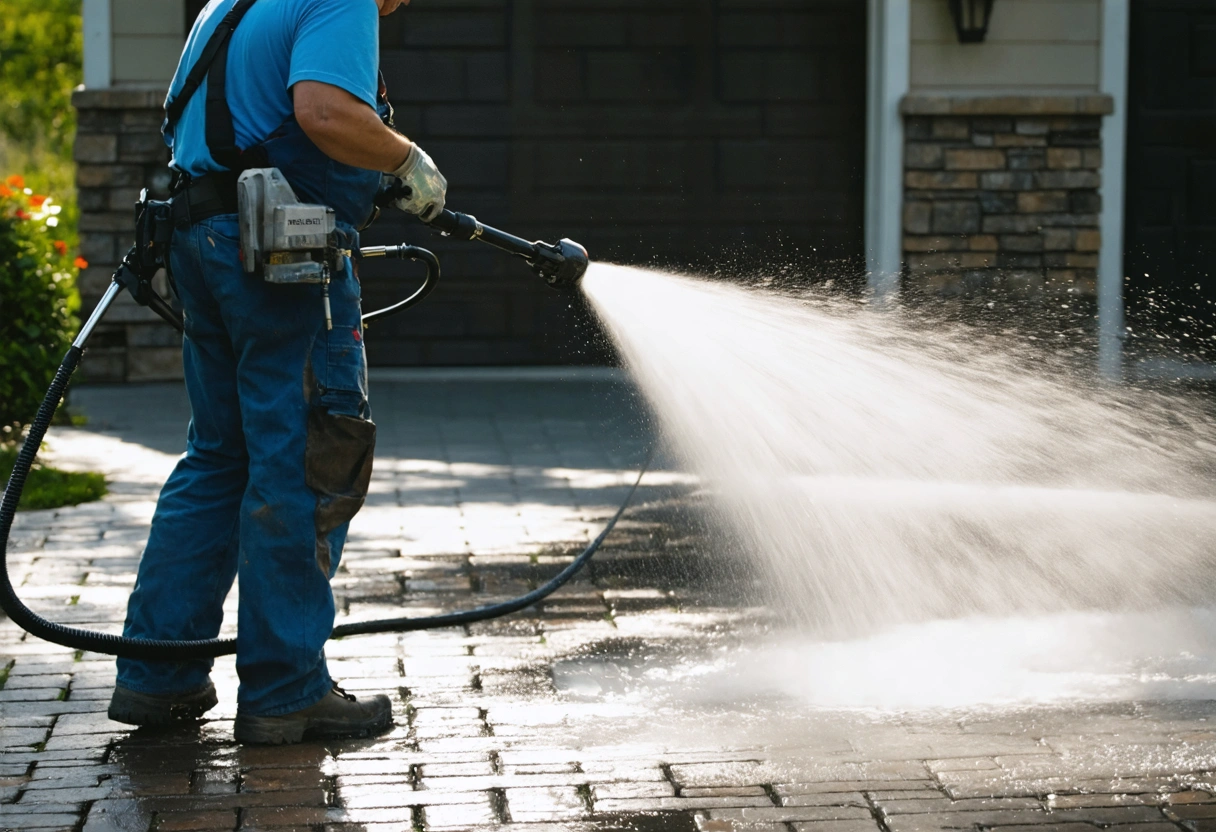
Pressure washing is one of the most powerful tools for deep-cleaning pavers. A pressure washer can remove stubborn stains, algae, and moss, restoring the original appearance of the surface. However, it’s important to use the correct pressure settings and nozzle type to avoid damaging the pavers or dislodging joint sand.
Experts recommend using a fan-tip nozzle and keeping the pressure below 2,000 psi for most paver materials. Always follow up by reapplying joint sand to maintain stability and prevent shifting.
3. Stain Removal and Spot Treatments
Common paver stains include oil, rust, food spills, and organic matter. Use a paver-specific cleaner or a mixture of dish soap and warm water for general stains. For oil stains, a degreaser may be necessary, while rust can often be removed with a mild acid solution. Always test cleaning products on a small, inconspicuous area first to ensure they won’t discolor or damage the paver surface.
For persistent stains, consult the Family Handyman’s guide to removing oil stains from pavers for step-by-step instructions and recommended products.
4. Sealing for Long-Lasting Protection
Once your pavers are clean, consider applying a high-quality sealer. Sealing enhances the color, provides a protective barrier against stains, and makes future cleaning much easier. It also inhibits weed growth and prevents water penetration, which can lead to freeze-thaw damage in colder climates.
A properly sealed paver surface not only looks better but is also more resilient, further increasing your property’s value and appeal.
Frequency of Paver Cleaning: What’s Ideal?
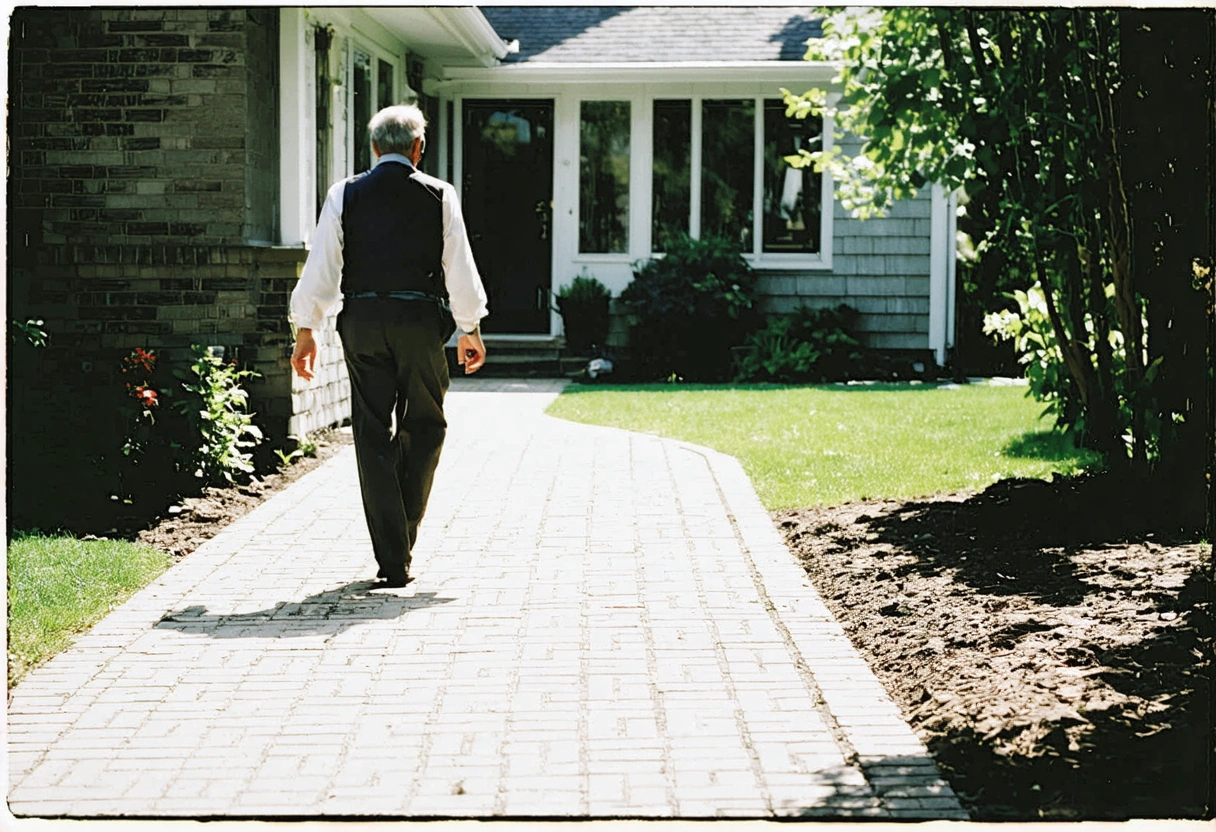
A common question among homeowners is: How often should pavers be cleaned? The answer depends on factors such as climate, usage, and the presence of trees or landscaping that may deposit organic debris. As a general rule, a thorough cleaning once or twice per year is recommended, with spot cleaning as needed.
In areas with heavy rainfall, frequent use, or lots of surrounding foliage, you may need to clean more often. Regular inspections will help you gauge when your pavers need attention. Consistency is key—routine maintenance prevents minor issues from escalating and keeps your property looking its best at all times.
The Financial Return on Investment of Regular Paver Cleaning
Investing in regular paver cleaning yields tangible financial benefits. Studies have shown that well-maintained hardscaping can add up to 15% to a property’s resale value. This is especially true in neighborhoods where outdoor living spaces are in high demand.
According to HGTV’s analysis of landscaping and home value, professional-level maintenance of outdoor features—such as patios, walkways, and driveways—can return more than 100% of the cost invested at resale. In other words, every dollar spent on paver cleaning and maintenance is likely to come back multiplied when it’s time to sell.
Moreover, keeping your pavers clean reduces the risk of expensive repairs or replacements, freeing up resources for other home improvement projects.
DIY vs. Professional Paver Cleaning
While many homeowners successfully manage paver cleaning on their own, there are situations where hiring a professional is the wiser choice. Professionals have access to commercial-grade equipment, specialized cleaning solutions, and the experience to tackle stubborn stains or large areas efficiently.
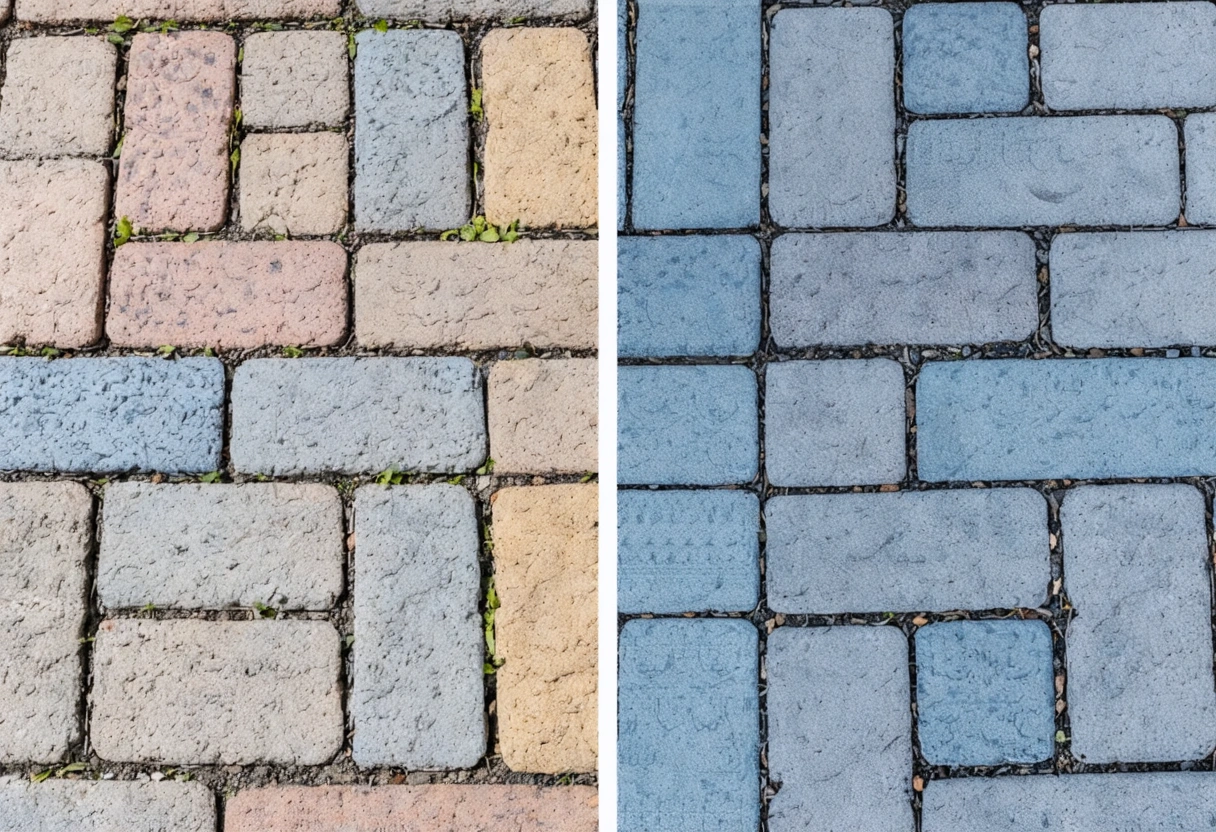
Professional services often include joint sand replacement and sealing, offering a comprehensive solution that can be more cost-effective in the long run. For those who prefer DIY, make sure to follow best practices and avoid harsh chemicals that can damage the pavers or harm your landscaping. For additional insights, the This Old House comprehensive guide on cleaning pavers provides step-by-step instructions and safety tips.
Common Mistakes to Avoid in Paver Cleaning
While regular paver cleaning is essential, it’s important to avoid common mistakes that can inadvertently cause damage or reduce the effectiveness of your efforts:
- Using excessive pressure: High water pressure can erode the surface of the pavers or dislodge the sand between them, compromising their stability.
- Skipping joint sand replacement: After pressure washing, always add fresh sand to the joints to prevent shifting and weed growth.
- Neglecting sealing: Failing to seal pavers makes them more susceptible to stains, fading, and moisture intrusion.
- Using harsh chemicals: Some cleaning products can discolor or degrade the paver material. Always choose cleaners designed for pavers and test first.
- Ignoring minor repairs: Small cracks, loose pavers, or drainage issues should be addressed promptly to prevent larger problems.
Investing in Your Property’s Future
Regular paver cleaning is a simple yet powerful way to enhance your property’s curb appeal, maintain its structural integrity, and increase its market value. It not only preserves the beauty and functionality of your outdoor spaces but also signals to potential buyers that your home is well cared for and move-in ready.
By adopting a proactive approach to paver maintenance—through manual cleaning, periodic pressure washing, spot treatments, and sealing—you can enjoy a stunning landscape and a solid return on investment. As the Penn State Extension’s guide on landscaping for curb appeal highlights, every detail counts when it comes to maximizing your property’s potential.
Don’t underestimate the impact of clean, well-maintained pavers on your home’s value and appeal. Make regular paver cleaning a cornerstone of your property maintenance routine, and watch your investment flourish for years to come.
Need help with How Regular Paver Cleaning Can Increase Your Property Value?
